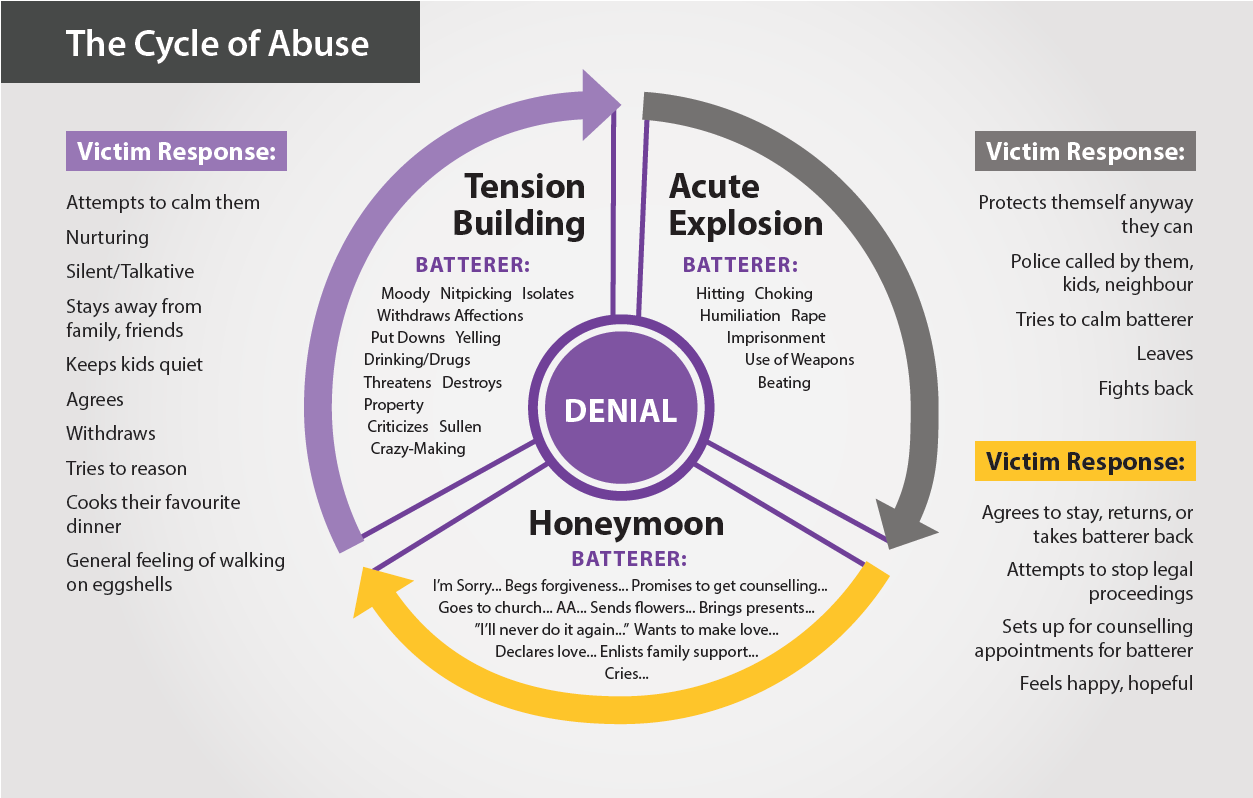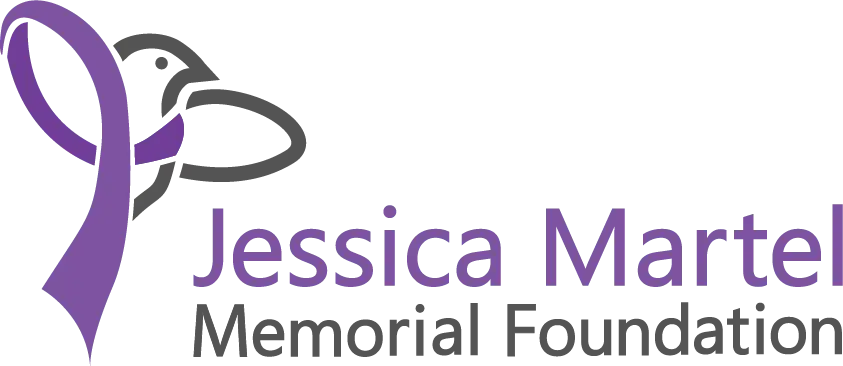HAVE A PLAN BEFORE YOU LEAVE
Leaving an abusive relationship is the most dangerous time for survivors of domestic violence.
58% of women leaving an abuse relationship were at severe or extreme risk of being killed by their intimate partner.
(ACWS Data Release 2021)
The Jessica Martel Memorial Foundation was founded in honour of Jessica Martel, a young mother who was tragically murdered by her common-law-husband while she was trying to leave. This is why we are here – to prevent this from happening again.
Get an Emergency Protection Order
If you have experienced family violence and require police protection, an Emergency Protection Order can help keep you safe.
Emergency Support Services
Will help pay for transportation to shelter, or hotel or another safe space if shelters are full.
Clare’s Law
If you suspect your partner/ex-partner is violent or they show abusive behaviours, you can seek a background check.
REAL Talk
REAL Talk is a guide to help us understand and talk openly bout domestic violence in Alberta. The site contains videos, information, and a webinar to help you learn to break the cycle of violence with just a few words.
Global News Special
Global News produced a three-part series called Overcoming Abuse: How to Support and Respect Survivors of Family Violence
If you are in immediate danger, call 911
Find the Nearest Shelter
1-866-331-3933
Family Violence Information Line
780-310-1818
Emergency Financial Support
1-866-644-5135
Child Abuse Hotline
1-800-387-KIDS (5437)
Help is available in over 200 languages
Assistance in more than 100 languages
Monday-Friday 7:30am – 8:00pm
AHS Mental Health Helpline
1-877-303-2642
24/7 mental health advice
Canadian Mental Health Association
780-482-4357 24/7 Distress Line
Alberta’s One Line for Sexual Violence
1-866-403-8000

Types of Abuse
Many people think that domestic violence only consists of physical abuse. The truth is that there are many types of abuse, and physical abuse is only one of them.
Cultural Abuse
• Preventing a person from engaging in or attending events related to their spirituality or culture
• Forcing a person to participate in a religion or spiritual activities that they do not want to participate in
• Degrading or criticizing a person’s beliefs or culture
• Isolating a person from other members of their culture or religion
• Threatening deportation or to destroy immigration or treaty papers
Financial Abuse
• Withholding access to family finances or giving a restrictive allowance
• Stealing money from the victim
• Deliberately ruining credit or putting all bills/liabilities in the victim’s name and all assets in the perpetrator’s name
• Gambling or spending family funds on addictions
• Destroying personal property or assets
• Not permitting the victim to seek employment or education
Sexual Abuse
• Withholding access to family finances or giving a restrictive allowance
• Stealing money from the victim
• Deliberately ruining credit or putting all bills/liabilities in the victim’s name and all assets in the perpetrator’s name
• Gambling or spending family funds on addictions
• Destroying personal property or assets
• Not permitting the victim to seek employment or education
Emotional Abuse
• Isolating the victim
• Tracking everything the victim does
• Threatening or attempting to turn friends and family against the victim
• Threatening suicide, especially if the victim attempts to leave
• Withholding emotion or affection
• Blaming the victim for everything
• Preventing the victim from doing things they enjoy
Physical Abuse
• Hitting, slapping, punching, kicking
• Choking or strangulation
• Restraining the victim, including locking them up or preventing them from leaving the home
• Burning the victim
• Hurting or threatening to hurt pets or children
• Destroying or threatening to destroy valued possessions or property
• Using weapons
Danger Assessment Risks
The following things are statistically shown to increase the risk of homicide as the result of intimate partner violence:
If your partner used or threatened you with a weapon, you are 20x more likely to be murdered.
If your partner threatened to kill you, you are 15x more likely to be murdered.
You are more likely to be murdered if your partner is unemployed.
You are at risk of homicide if your abuser has a substance use problem
If you have a child that is not biologically related to your abusive partner, you are more likely to be murdered.
Foster Healthy Relationships
Abusive relationships thrive on the abuser seizing control. Patterns emerge that indicate a relationship is becoming abusive, but there are also things that can be done to nurture healthy relationships that are free of abuse.
RELATIONSHIP RED FLAGS:
• Extreme jealousy
• Isolation from family and friends
• Control of daily activities
• Past history of violence
• Cruelty to animals
• Ongoing escalating arguments
HEALTHY RELATIONSHIPS THRIVE ON:
• Financial independence
• Having a strong support system
• Education on healthy relationships
• Setting and respecting clear boundaries
• Recognizing abusive behaviours

